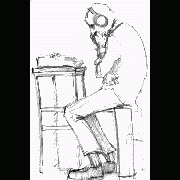RegEx Split String at every 'n' characters into Array
-
Recently Browsing 0 members
- No registered users viewing this page.
-
Similar Content
-
- 12 replies
- 512 views
-
- 6 replies
- 653 views
-
- 0 replies
- 404 views
-
- 2 replies
- 524 views
-
- 1 reply
- 564 views
-




Recommended Posts
Create an account or sign in to comment
You need to be a member in order to leave a comment
Create an account
Sign up for a new account in our community. It's easy!
Register a new accountSign in
Already have an account? Sign in here.
Sign In Now